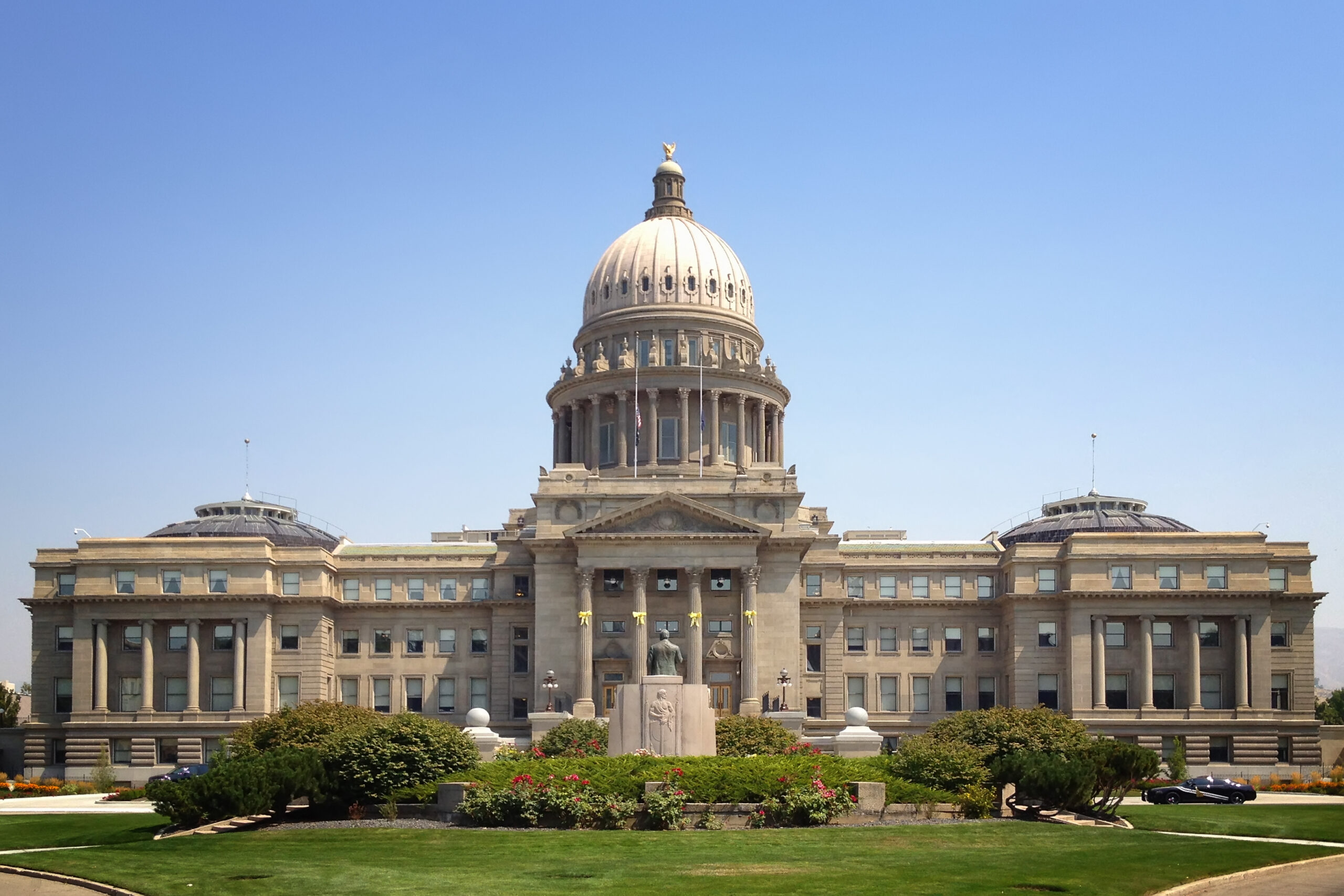The Idaho legislative session has crossed the halfway mark, and lawmakers have made significant progress on several healthcare bills, including the following:
Medicaid
HB 398 would direct the Idaho Department of Health and Welfare not to seek or implement any Medicaid plan amendment or waiver without legislative approval. This would not affect any that already exist. The bill passed the House 58-10, was read in the Senate, and referred to the Health and Welfare Committee on February 23.
HB 419, which would repeal the federal Medicaid expansion unless 11 new requirements were satisfied, is on hold and may be dead for this legislative session. When the bill was heard by the House Health and Welfare Committee, 8 of the panel’s 13 members – including Majority Leader Blanskma – voted to hold the bill. Only three people testified in favor of the bill, including representatives from conservative think tanks. Amid widespread opposition from doctors, healthcare representatives, and legislators, progress on the bill is stalled, and there are only a few weeks to go during this year’s session.
HB 518 would bring Idaho’s Medicaid provider fraud statute more in line with the state’s insurance fraud statute and federal regulations. The bill would strengthen penalties and enforcement against Medicaid fraud, including by expanding the scope of the Medicaid Fraud Control Unit to include investigating a wider range of provider fraud as long as it has a nexus to Medicaid. It would also enable the state’s Medicaid Fraud Control Unit to operate more efficiently and extend the sentence for provider fraud to 15 years. This bill has passed in the House and has been filed for a third reading in the Senate.
Interstate Counseling Compact
HB 393 would establish a Counseling Compact allowing Licensed Professional Counselors who meet uniform licensure requirements to quickly be certified to practice in the state via telehealth or in person. Most states have already joined the compact, while others, like Idaho, are considering it this year. The bill failed in its third reading in the Senate and will no longer be considered this legislative session.
Occupational and Professional Licenses
HB 436 aims to reduce administrative costs by combining the advisory boards of dietetics, athletic training, respiratory therapy, and naturopathic medicine into one allied health advisory board. After it passed the House 68-1 on February 20, the bill was assigned to the Senate Health and Welfare Committee. It was filed for a third reading in the Senate on February 29 but has not been scheduled yet.
HB 418, would reclassify “bridge year” physicians as “assistant” physicians and expand its classification criteria from one to three years. Additionally, the assistant physician license would now be renewable. This bill has lingered in the Health & Welfare Committee since January 23.
Medical Liens
HB 501 would update the 1941 medical lien statute to address the way modern medical billing works. The bill is intended to help patients get the full value of private medical insurance, while protecting medical providers by giving them more time to file a medical lien. However, it would also prevent them from overbilling or imposing inflated charges on insurance companies. The bill passed the House on March 1, was read for the first time in the Senate on March 4, and was then referred to the Senate Commerce and Human Resources Committee.
SB 1284 would require hospitals that issue a lien on someone’s property to inform the owner by certified letter. After passing the Senate on February 27, the bill was assigned to the House Business Committee.



